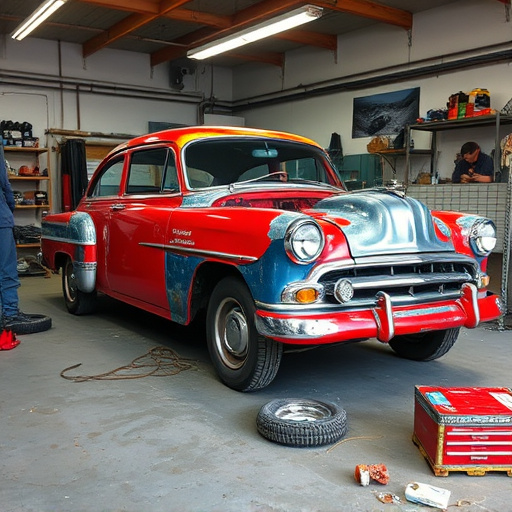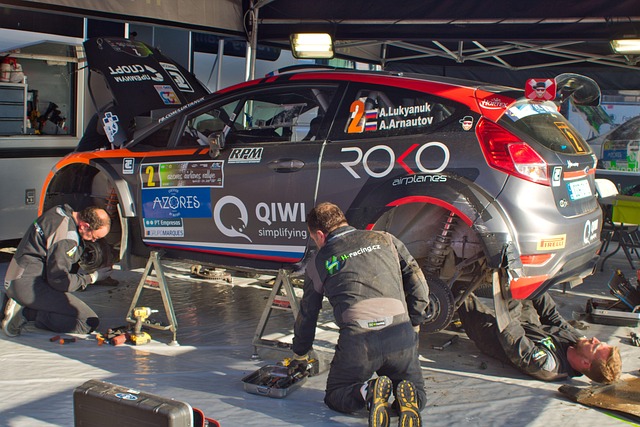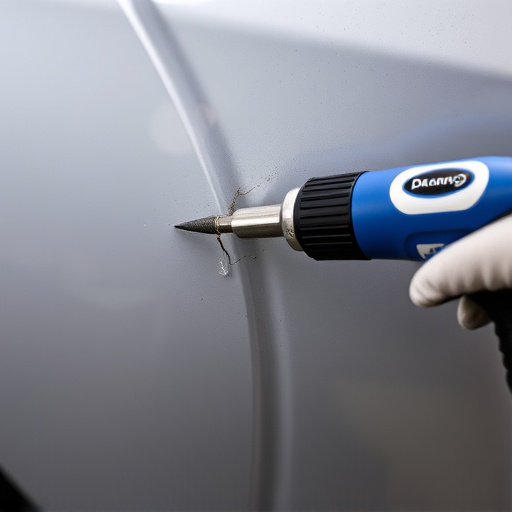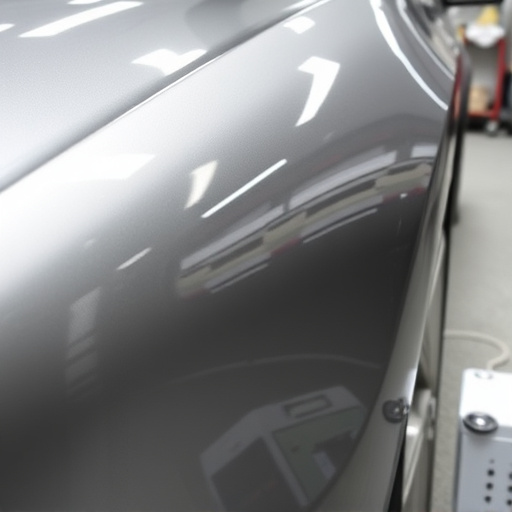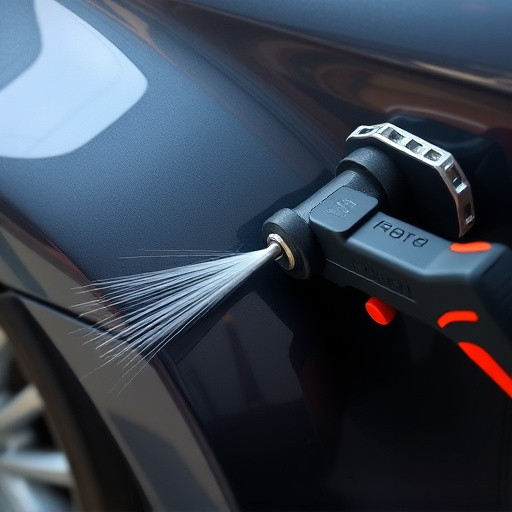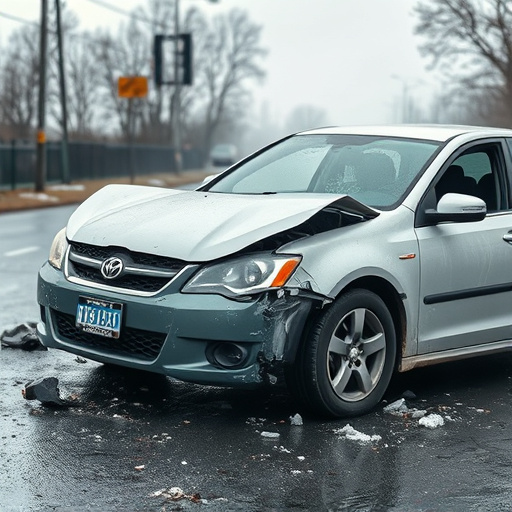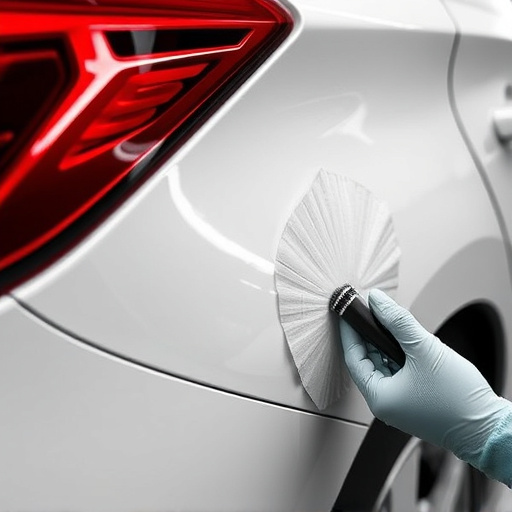Repair Specification Compliance is crucial for vehicle maintenance, ensuring structural integrity by adhering to manufacturer guidelines throughout the repair process. Non-compliance can lead to safety issues and reduced vehicle value. Auto body shops prioritizing this practice enhance reliability, preserve original design, and prevent future problems, fostering customer loyalty and reputation through high-quality repairs.
“Repair Specification Compliance is a cornerstone of maintaining structural integrity in various industries. This article delves into the critical role it plays in ensuring the longevity and safety of structures. We explore ‘Understanding Repair Specification Compliance’ and its profound effects on ‘The Impact on Structural Integrity’. Furthermore, we highlight how strict compliance measures can ‘Ensure Longevity’ through robust maintenance practices, ultimately enhancing overall structural reliability.”
- Understanding Repair Specification Compliance
- The Impact on Structural Integrity
- Ensuring Longevity Through Compliance Measures
Understanding Repair Specification Compliance

Repair Specification Compliance is a critical aspect of ensuring structural integrity in vehicles, particularly after incidents like collisions or damage. It refers to the meticulous process of adhering to detailed repair guidelines and standards set by manufacturers. These specifications cover every step of the restoration process, from initial assessment and disassembly to component replacement and final reassembly. By strictly following these protocols, collision repair shops can guarantee that each repair is executed accurately and consistently.
This meticulous approach is especially vital in dent repair, where even minor variations could impact the overall structural soundness of a vehicle. Collision centers that prioritize repair specification compliance ensure that every car they work on meets the highest standards, providing safety and peace of mind for drivers. This methodical process not only protects the value of vehicles but also contributes to the longevity and reliability of transportation.
The Impact on Structural Integrity
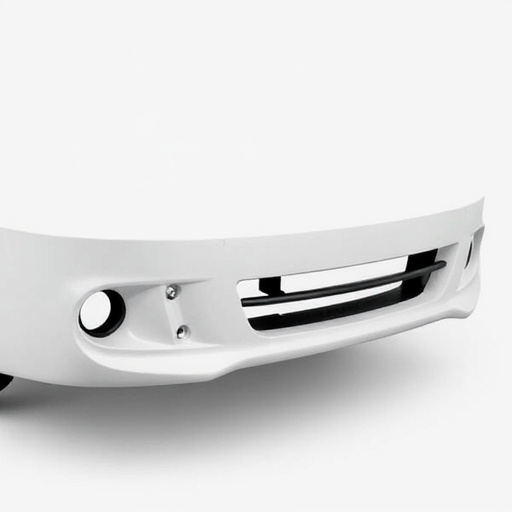
The adherence to repair specification compliance is paramount in ensuring structural integrity across all automotive components. When a vehicle undergoes repairs, whether it’s routine maintenance or damage restoration at a car body shop, precise following of detailed repair specifications becomes critical. This includes everything from replacing auto glass repair components to meticulous reassembly of intricate mechanical systems.
Non-compliance can lead to weak spots in the structure, compromising safety and durability. Auto repair services that prioritize compliance ensure every fix is up to standard, maintaining the vehicle’s original design integrity. For instance, correct alignment during body work or precise application of sealants and coatings directly impacts a car’s structural soundness, preventing future issues like corrosion or leaks, especially in vital systems such as auto glass repairs.
Ensuring Longevity Through Compliance Measures

Ensuring Longevity Through Compliance Measures
In the realm of structural integrity, repair specification compliance plays a pivotal role in extending the lifespan of vehicles. When an auto repair shop adheres to the set standards and specifications for repairs, it guarantees that every component is replaced or fixed according to the manufacturer’s guidelines. This meticulous process involves using genuine parts and following precise procedures, ensuring the vehicle’s structural integrity remains intact. By adhering to these compliance measures, automotive repair services prevent future issues, enhance safety, and preserve the overall quality of the vehicle’s bodywork.
Moreover, regular compliance with repair specifications helps auto repair shops maintain a robust reputation. Customers seeking top-notch vehicle maintenance are more likely to trust professionals who prioritize compliance, knowing their vehicles will be in reliable and safe condition. This, in turn, fosters customer loyalty and encourages word-of-mouth recommendations, solidifying the shop’s standing as a go-to provider for quality automotive repair services.
Repair specification compliance is a cornerstone of maintaining structural integrity, ensuring that buildings and structures remain safe and durable over their lifespan. By adhering to specific repair guidelines, professionals can mitigate risks and extend the longevity of these essential components. This holistic approach, focused on meticulous compliance, is pivotal in preserving the overall stability and aesthetics of any structure, thereby fostering a safer environment for years to come.




